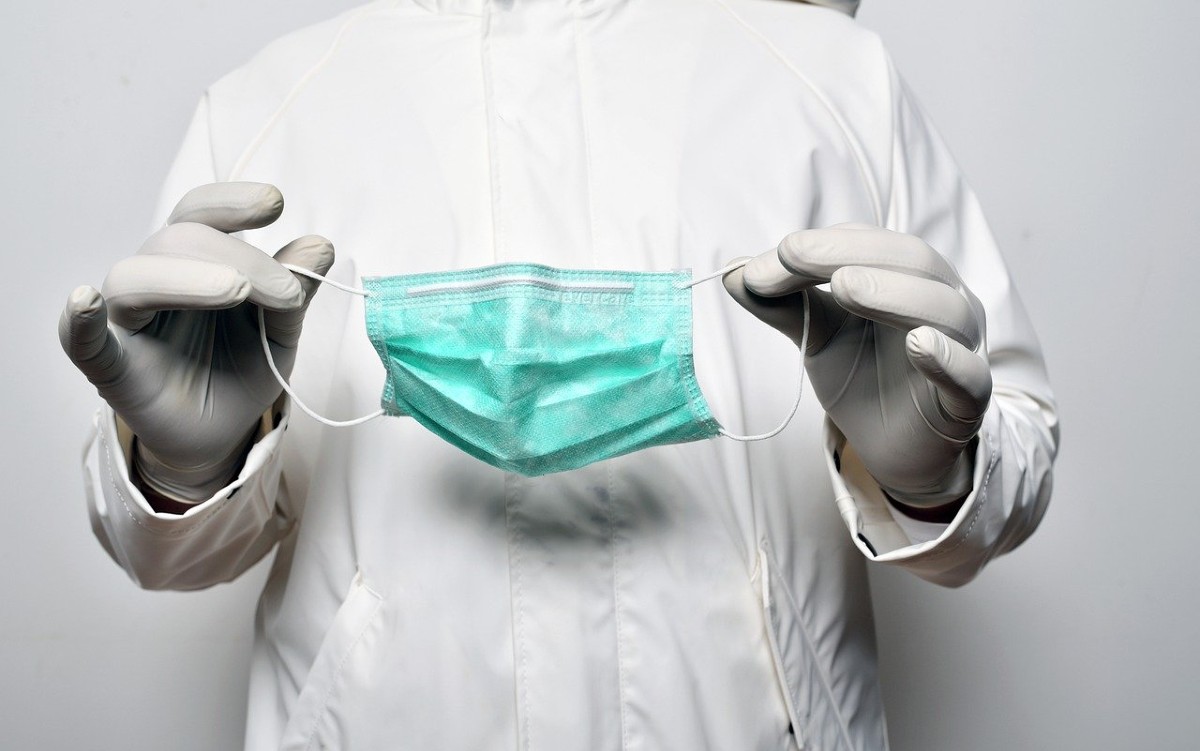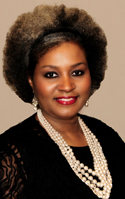
By Lindsay Street, Statehouse correspondent | A doubling in reported daily coronavirus infections in South Carolina has public health experts on alert but tough action from Columbia is unlikely.
The S.C. Department of Health and Environmental Control (DHEC) announced Thursday a record daily high of 687 new COVID-19 cases, following days of increased numbers. Since mid March, 16,441 cases have been confirmed in the state, with 575 deaths linked to the coronavirus. DHEC currently projects 2,379 COVID-19 deaths by Oct. 1.
Gov. Henry McMaster said Wednesday he would not shutter businesses again or mandate wearing masks, citing the economy and enforcement issues.
“Freedom works only if there is personal responsibility,” said Senate Majority Leader Shane Massey of Edgefield. “People are going to have to take more responsible actions to protect themselves and other people.”
The legislature plans to meet June 24 in a two-day special session to address $1.9 billion in federal coronavirus relief aid, but no further action is expected. Both chamber’s leaders did not return requests for comment on this story.
Masks also will not be a requirement for the coming special session, although hand sanitizer will be available, according to the House Speaker’s media liaison, Nicolette Walters. Meanwhile, the session could draw bigger crowds that usual given the ongoing national protests on racial inequity. Last week, Charleston Democratic Rep. Marvin Pendarvis said protesters should bring their concerns directly to the Statehouse during the June 24-25 session. Read more.
Experts say the recent uptick in cases comes from a combination of factors, including reopening the economy, individuals gathering in crowds again and increased testing
“It’s important to note that we can’t definitively say at this time that a first wave is over or that there will be a second wave,” DHEC media liaison Laura Renwick said in a statement.
Clemson Public Health Sciences professor Lior Rennert said he wouldn’t call the spike in cases a “second wave” since that implies there was a first wave that had already ebbed.
“Here, the cases never really dropped,” Rennert said. “We flattened the curve a little bit and then we relaxed social distancing measures and then they spiked.”
‘Everything is going to be shut down anyway’
This week’s leap in cases in South Carolina could be just the beginning of a surge in cases, and like a preemptive work-or-home order, it could have dire economic consequences, experts say.
Rennert said a spike in cases means sick workers unable to work, and the potential for an overloaded hospital system and people dying.
“If cases increase too fast, everything is going to be shut down anyway,” he said.
Around the state, most counties with acute-care hospital beds are reporting more than 70 percent of beds in use.
“We can be at overcapacity very fast. It’s a very infectious disease. People get it a whole lot faster than people recover from it,” Rennert said.
But MUSC microbiology professor Michael Schmidt said he is confident of hospitals’ ability to handle a surge in cases.
“We’ve added many more beds than we previously had,” he said. “We’re better prepared for the second surge.”
Experts say use masks, maintain distances
Dr. Brannon Traxler, a DHEC physician consultant, said Monday that whether the state will witness a huge, continued surge relies on individuals.
 “A lot of it will depend on everybody’s action and whether they follow the recommendation on social distancing and masks,” she said.
“A lot of it will depend on everybody’s action and whether they follow the recommendation on social distancing and masks,” she said.
Schmidt said the state’s reopening has made some people complacent.
“We’re as susceptible as we were in February,” Schmidt said. “We’re not out of the woods because we stayed home. Now we’re going into the woods again.”
Schmidt said the state needs to look at the example of Taiwan, where they did not close down the economy but mandated face masks and did more testing.
“This is the behavior we in South Carolina should be modeling. When we go out in public we should do our fellow human beings a solid and wear the mask,” Schmidt said. “We should have gone to masks sooner but we didn’t know, we didn’t have the data. Now, it’s a shame on us because the data are out there.”
Businesses should enforce social distancing and have a mask policy for employees and customers, Rennert said. Schmidt said restaurant servers can use face shields for better communication and allowing customers to read lips. Businesses also should test employees regularly, Rennert said, adding that there are fewer barriers now to access testing.
The state also should begin random sampling of neighborhoods to understand how much of the population has already been exposed to the virus through antibody testing, Schmidt said. According to DHEC, the agency is working with other state agencies to study populations and how prevalent antibodies are in the community .
What state lawmakers want
But there is a disconnect between DHEC recommendations and some legislators.
Charleston Republican Sen. Sandy Senn likened mask-wearing to “a personal choice” of whether to wear a helmet while riding a motorcycle and that those who have a comorbidity should self-isolate.
But Rennert said personal protection is not why experts recommend wearing a mask. It’s for community protection.
“If you don’t want to wear a mask that’s up to you but you also shouldn’t be allowed to enter certain establishments where you spread the disease,” Rennert said. “It’s just like employees have to wash their hands after using the bathroom.”

Hopkins Democratic Rep. Wendy Brawley said insisting on people wearing masks is vital to containing the disease while keeping the economy open.
“We have all sorts of rules and restrictions. No one is allowed to go without clothing. This is just as serious if not more so. You’re exposing people to a potentially deadly virus,” she said. “It’s irresponsible public policy not to have in place a requirement to wear a mask in public. We need to protect the lives of others.”
Brawley said she’s hopeful the Legislature will address social distancing and mask wearing during the June 24-25 session.
“If we are serious about actually trying to save lives, we have to get out of that mode of things being optional and seeing that this is a public health crisis,” she said.
Massey said the advice from epidemiologists “sounds simple but it’s clearly not happening,” though he balks at any further government mandate.
“DHEC is probably going to need to spend money on an aggressive education campaign to educate people about what’s going on, the risks and ways to avoid the spread of the virus. It’s going to take much more than what we’ve done on that of really driving the message home. It needs to be a presidential campaign marketing effort,” Massey said.
Brawley said it’s “too late” for an advertising campaign, saying that it should have been done back in March or April for maximum effectiveness. DHEC has already had a campaign underway, seen on SCETV and YouTube.
“Now it’s probably going to take a law to do it and you’ll probably find cities trying to create ordinances,” she said.
- Charleston City Paper’s Heath Ellison contributed to this story.
- Have a comment? Send to: feedback@statehousereport.com



Pingback: Charleston Currents – NEW for 6/15: New virus cases; Right side; Expand Medicaid; Concert for Equality
Pingback: Charleston Currents – FOCUS: Thousands of new COVID-19 cases reported in last week
Pingback: New virus cases; Right side; Expand Medicaid; Concert for Equality - BlackPride.in
Pingback: Statehouse Report – NEW for 6/19: Heritage Act comes under scrutiny; Calls for reform